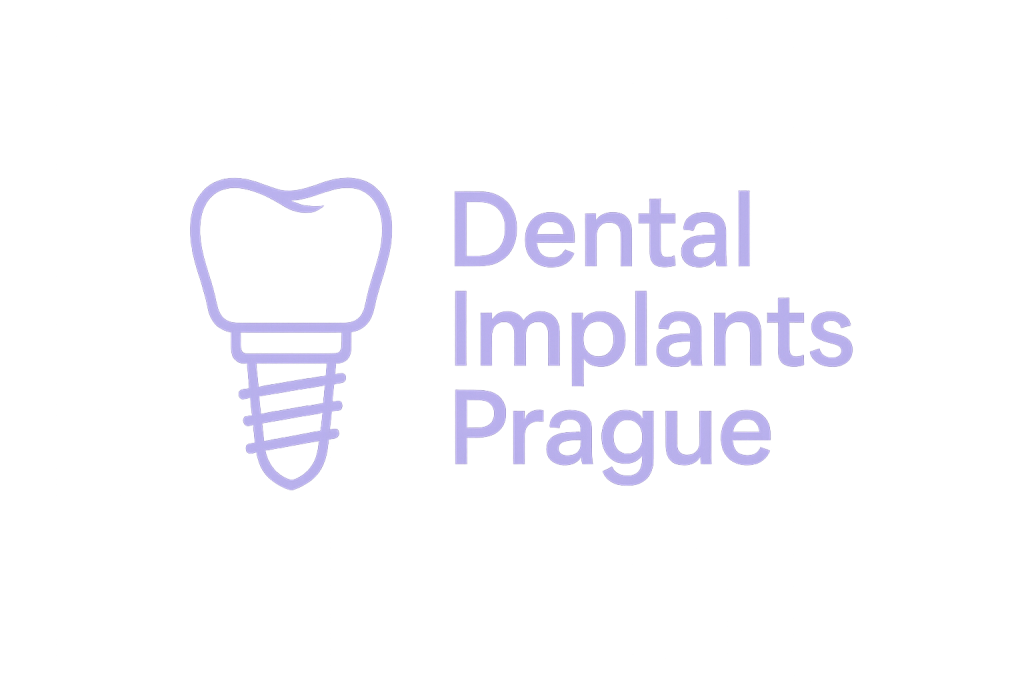Tooth sensitivity is one of those things that creeps in quietly. One moment, you’re enjoying your favorite gelato, and the next—sharp pain zings through your teeth like a bolt. If that sounds familiar, you’re not alone. Many people deal with this frustrating condition, and while it can feel minor, it often hints at bigger issues within your overall dental health.
Let me help you unpack what’s going on and how simple changes in your basic dental health routine can bring much-needed relief.
What Is Tooth Sensitivity?

Tooth sensitivity usually shows up as a short, sharp pain in response to something hot, cold, sweet, or acidic. For some, even brushing or flossing can feel like a trigger.
This happens when the protective layer of enamel wears down or the gums recede, exposing the dentin underneath. Dentin is full of tiny tubules that lead directly to your tooth’s nerve center. Once exposed, these tubules send pain signals straight to the brain whenever they’re hit with temperature changes or pressure.
What Causes Tooth Sensitivity?

There isn’t just one cause, which is why guessing rarely helps. Here are some common culprits I see with patients who visit our clinic at Dental Implants Prague:
- Aggressive brushing with hard bristles can wear down enamel.
- Grinding teeth during sleep or stressful situations.
- Gum recession, which often comes with age or gum disease.
- Acidic foods and drinks, such as citrus fruits, soda, or vinegar.
- Overuse of whitening products, which can temporarily or permanently increase sensitivity.
- Cracked teeth or old fillings that expose the dentin or root.
Understanding the cause is the first step to managing your pain the right way. If you’re unsure, always check in with a professional rather than self-diagnosing.
Common Signs You Shouldn’t Ignore

It’s easy to brush off occasional pain as no big deal, but chronic sensitivity needs attention. Look out for:
- Pain while drinking cold water or eating ice cream
- Discomfort when brushing or flossing
- Sensitivity that lasts longer than a few seconds
- Pain around a specific tooth or area
If these symptoms keep showing up, it’s time to revisit your dental care tips and possibly book a check-up.
How to Manage Tooth Sensitivity at Home

While it’s always a good idea to speak with a dental expert, there are a few simple things you can do right now to ease the pain:
1. Switch to a Sensitive Toothpaste
Not all toothpastes are made equal. If your current product is designed for whitening or tartar control, it might be making things worse. Go for one labeled for tooth sensitivity. These typically contain potassium nitrate or stannous fluoride, both of which help block pain signals.
2. Use a Soft-Bristled Brush
Hard bristles might feel like they’re giving you a deeper clean, but they can actually damage enamel and gums. A soft-bristled brush paired with gentle strokes can protect sensitive areas while still keeping your teeth clean.
3. Avoid Acidic Foods and Drinks
Love lemon water or soda? You might need to rethink those choices. Acidic drinks wear down enamel faster than you’d think. If you can’t give them up entirely, drink through a straw and rinse your mouth with water afterward.
4. Rethink Your Brushing Habits
Brushing harder doesn’t equal brushing better. In fact, being too aggressive can create more problems than it solves. Brush in small, circular motions and keep your strokes light but consistent.
5. Wear a Night Guard (If You Grind)
If you often wake up with jaw pain or tension headaches, you might be grinding your teeth in your sleep. A night guard can prevent long-term damage and reduce sensitivity.
Professional Help: What a Dentist Can Do

If at-home care doesn’t bring relief, don’t push through the pain. A dentist can offer targeted solutions based on your unique needs. At Dental Implants Prague, we usually recommend one or a combination of the following:
- Fluoride treatments to strengthen enamel
- Bonding agents to cover exposed dentin
- Desensitizing gels for deeper relief
- Gum grafts if recession is the root cause
- Root canals in extreme cases where the nerve is severely affected
Many of these are quick and minimally invasive. The key is not waiting until the pain becomes unbearable.
Long-Term Strategies for Healthier Teeth

Managing sensitivity isn’t just about reacting to pain—it’s about preventing it from becoming a regular issue. Here are some proactive dental care tips to keep your smile strong and pain-free:
- Stick to regular dental checkups, ideally every six months.
- Use fluoride mouthwash to help rebuild enamel.
- Stay hydrated to support natural saliva production.
- Avoid over-brushing or brushing right after acidic meals.
- Prioritize a nutrient-rich diet with calcium and Vitamin D.
Even something as simple as swapping your toothbrush or upgrading your toothpaste can make a real difference.
Why Tooth Sensitivity Shouldn’t Be Ignored

Tooth sensitivity might seem like a minor inconvenience, but it often points to early signs of enamel erosion, cavities, or gum issues. Ignoring it today can lead to major repairs tomorrow. That’s why having a proactive approach to dental health is more than just a recommendation—it’s the foundation for keeping your natural teeth intact for the long haul.
If you’re someone dealing with this regularly, don’t settle for short-term fixes. Understanding how to manage tooth sensitivity and acting on it can change everything about the way you eat, drink, and smile.
Need Expert Help? Let’s Talk
If you’re based in Prague or planning a visit, our clinic—dentalimplantsprague.com—is here to help. We offer expert diagnostics, customized treatment plans, and full support for all your basic dental health needs, including sensitive teeth. Whether you’re dealing with mild discomfort or something more severe, we’re ready to step in and support your long-term dental health goals.Book a consultation with us today and let’s get that sensitivity under control—for good.

